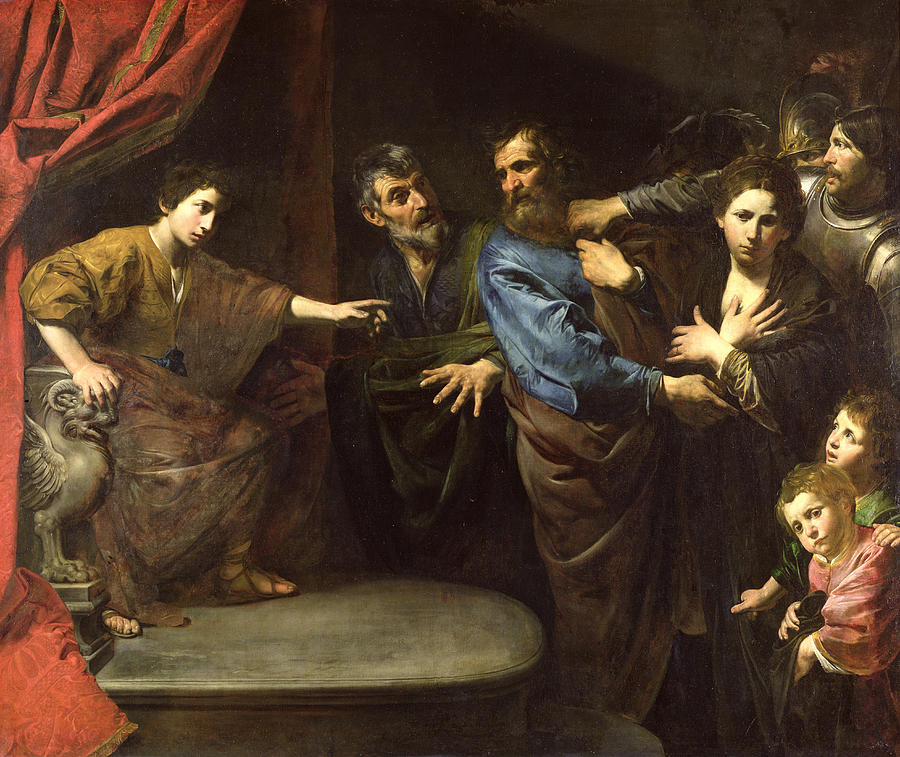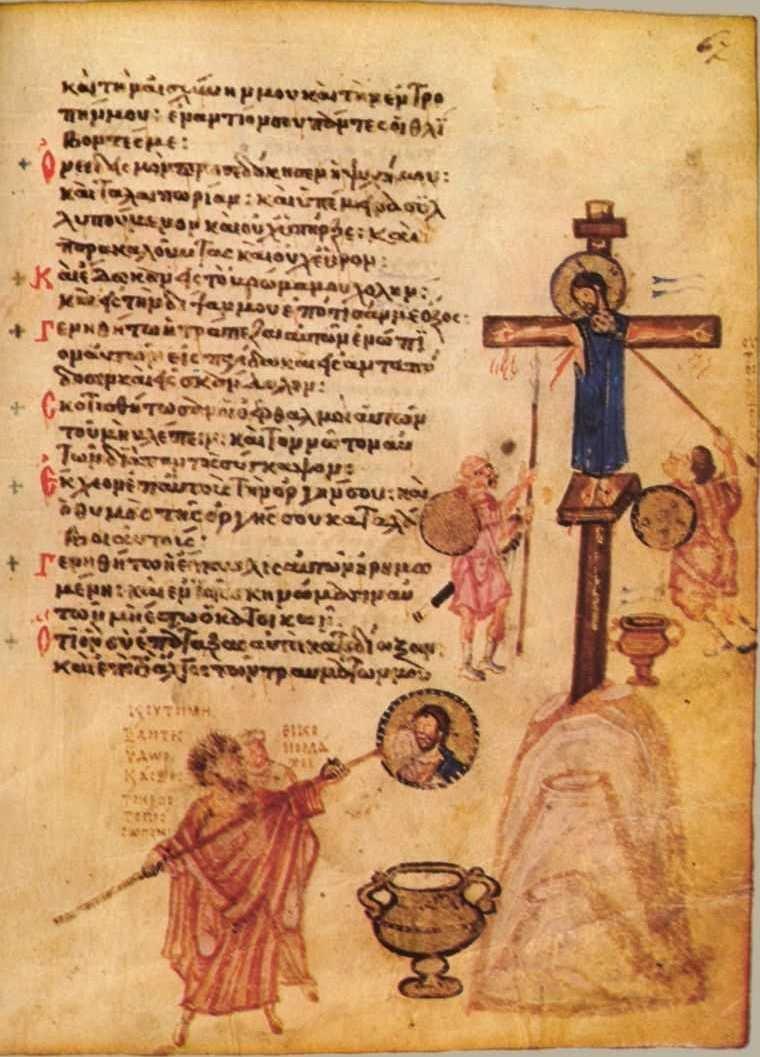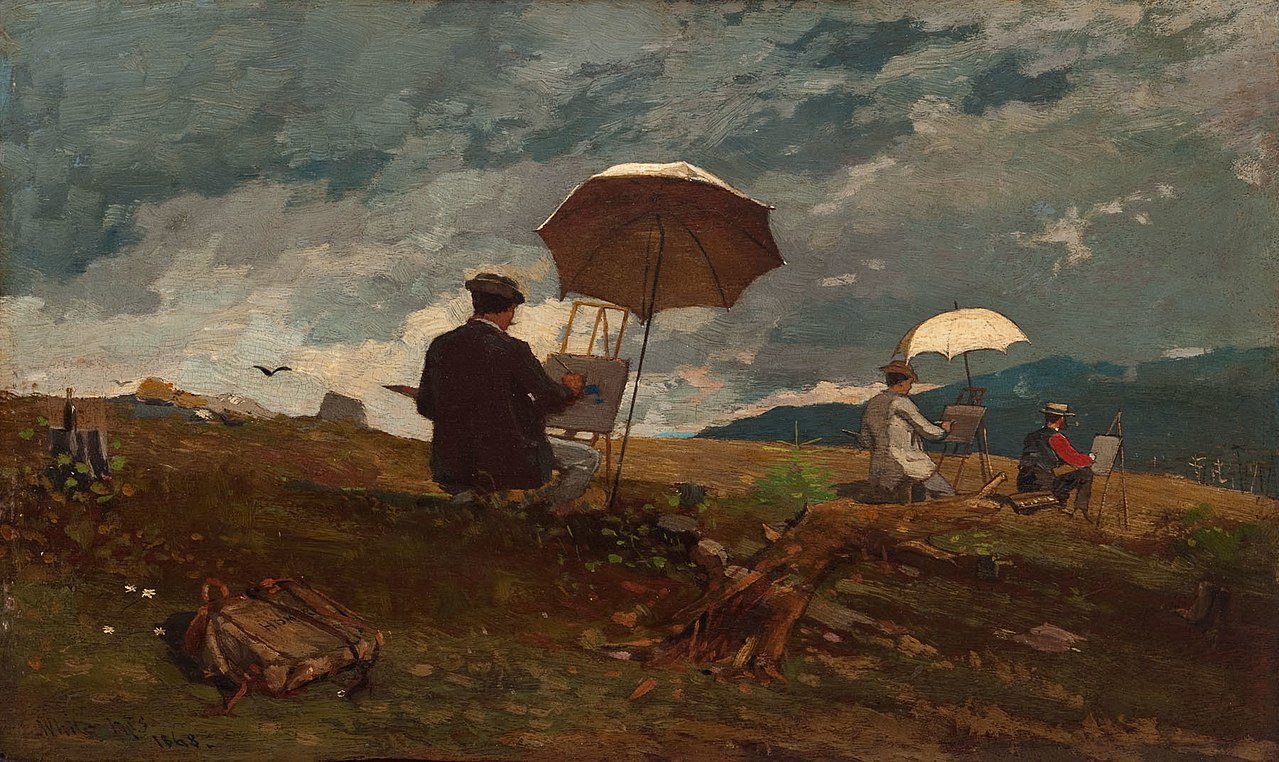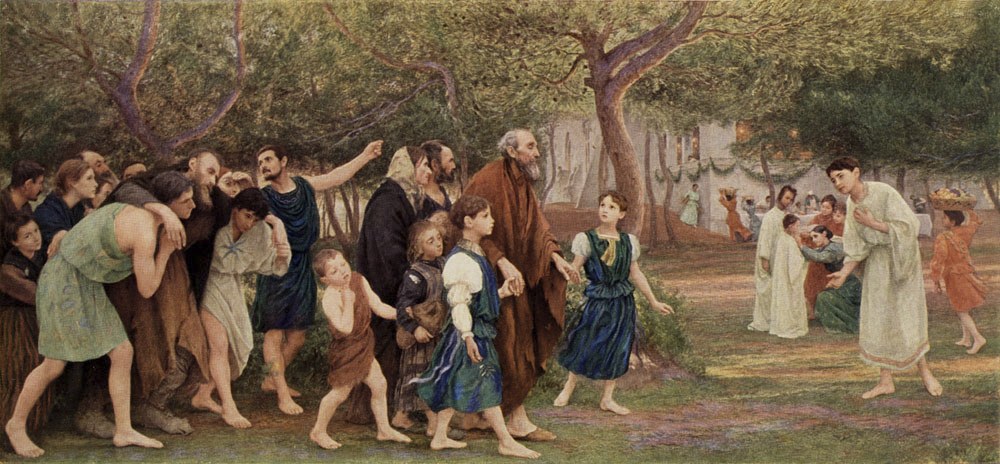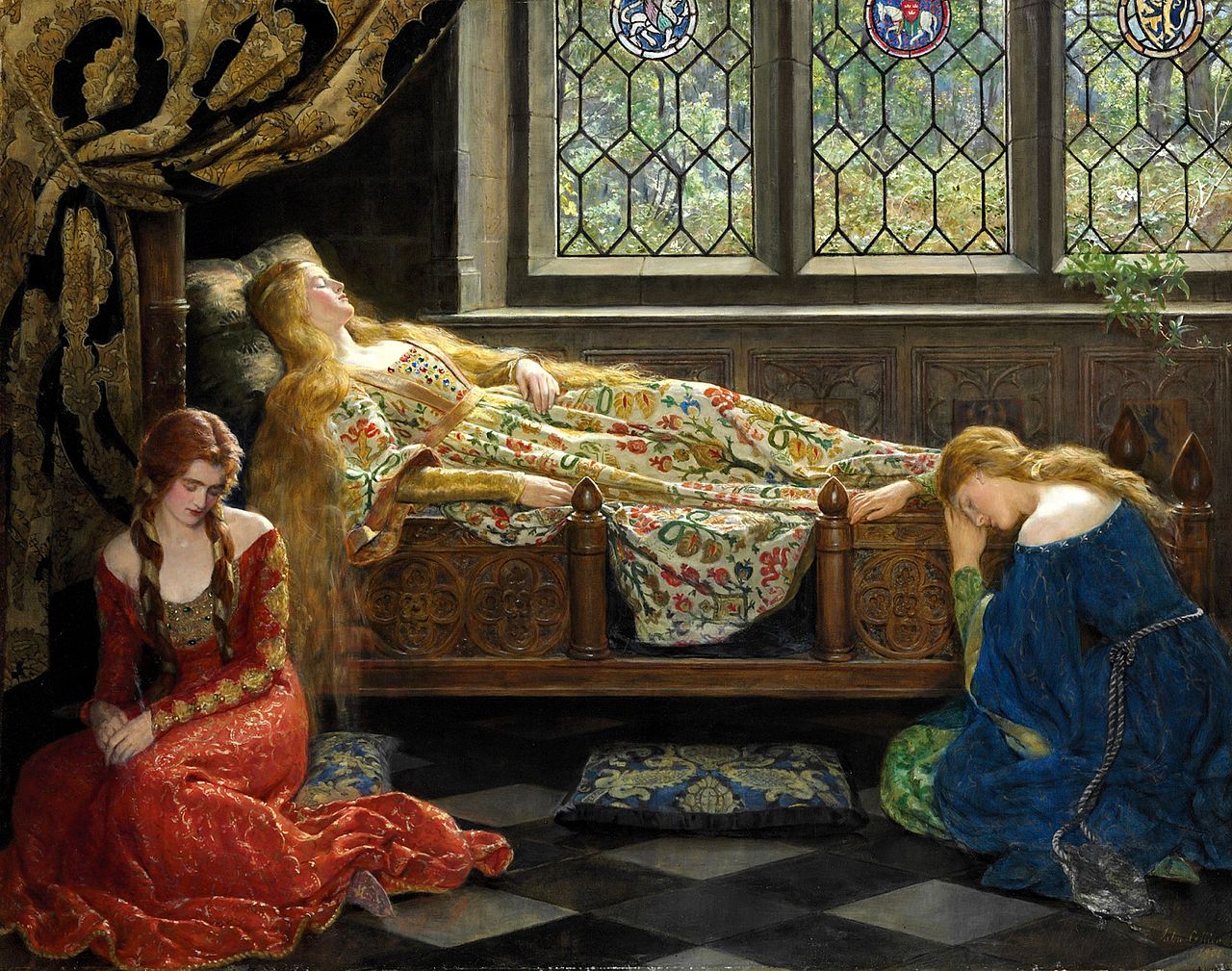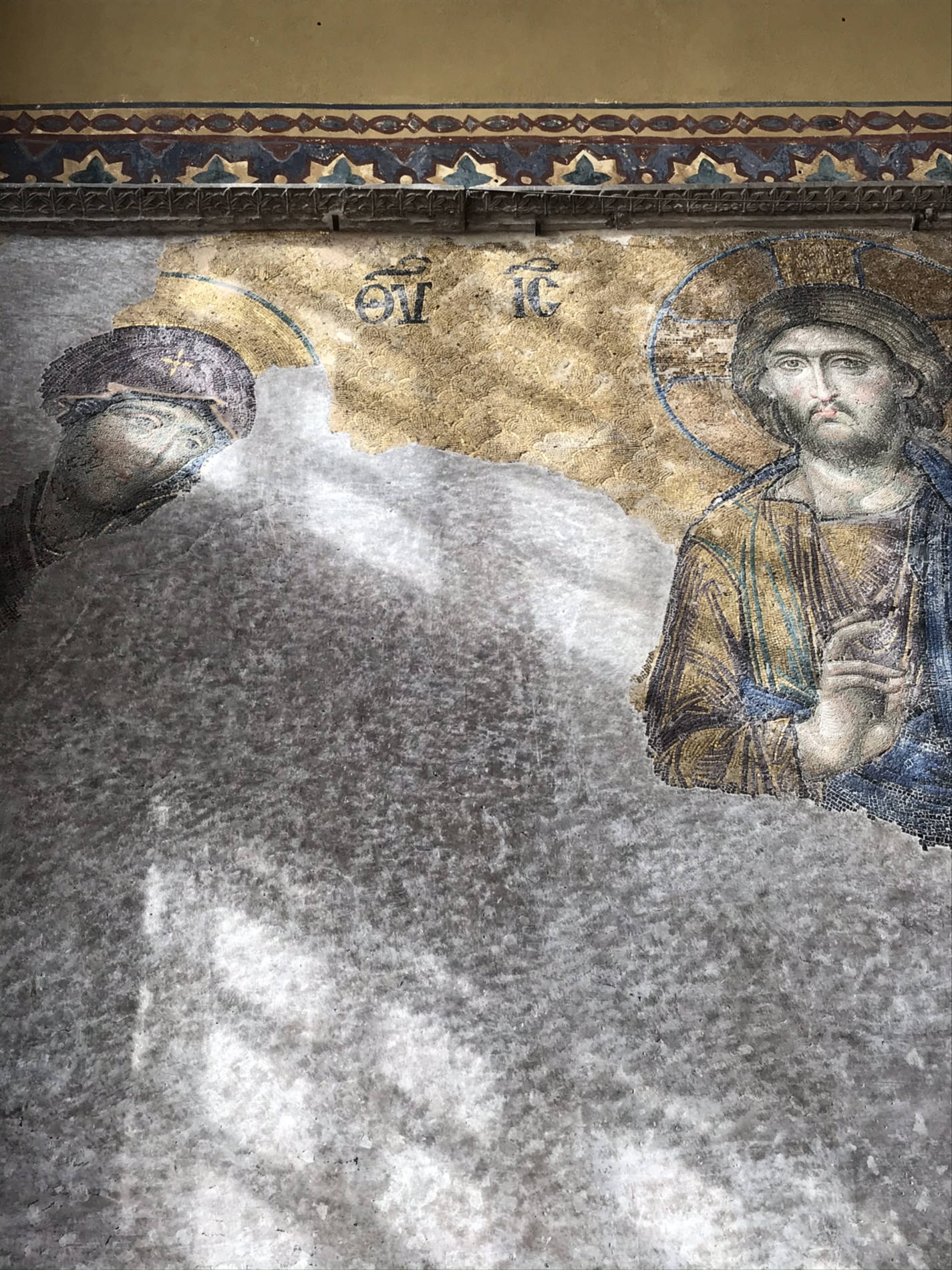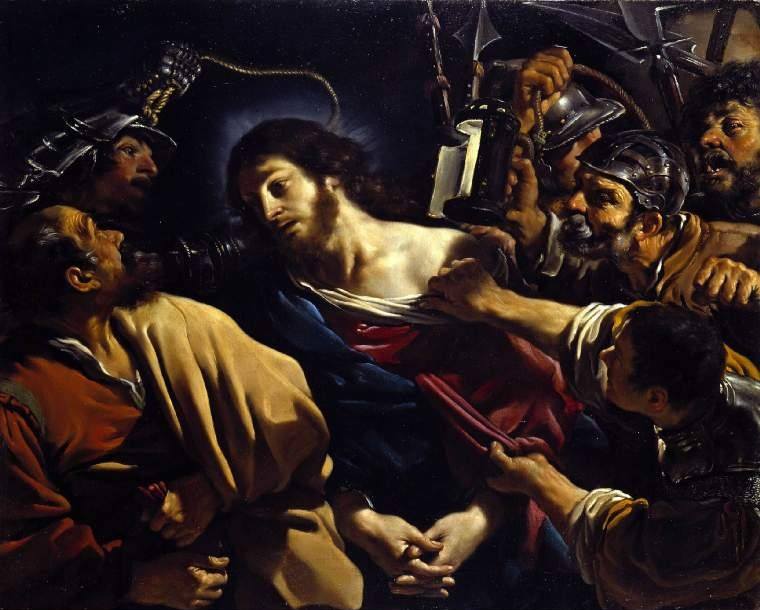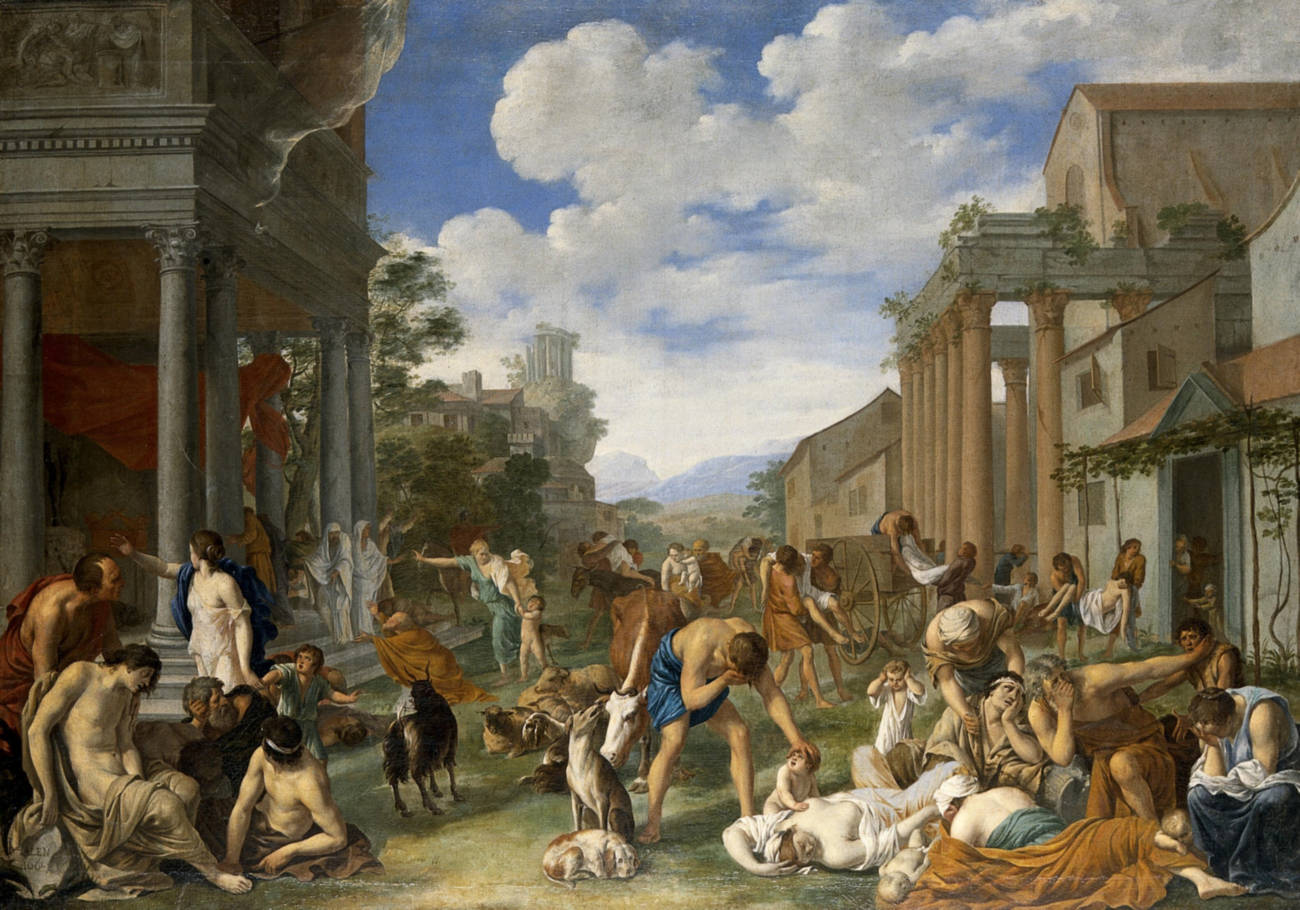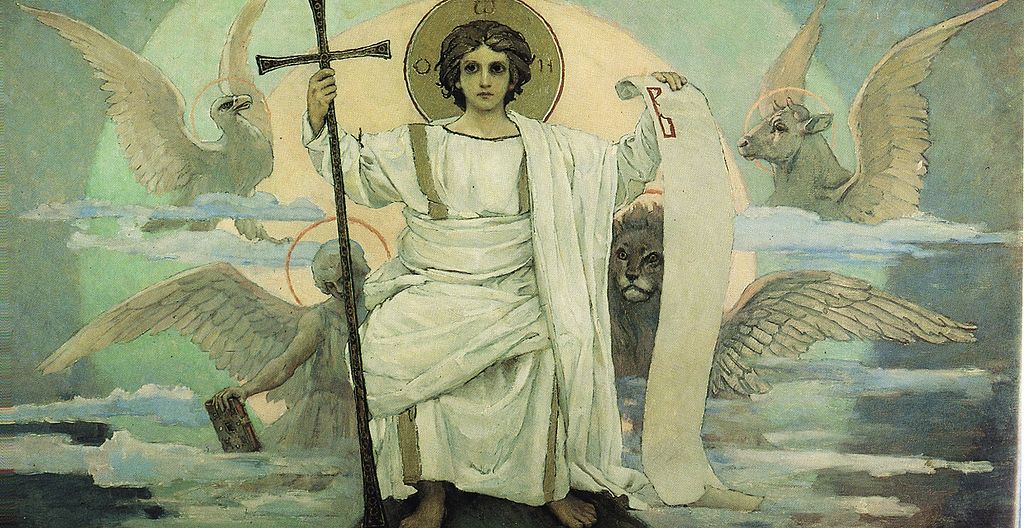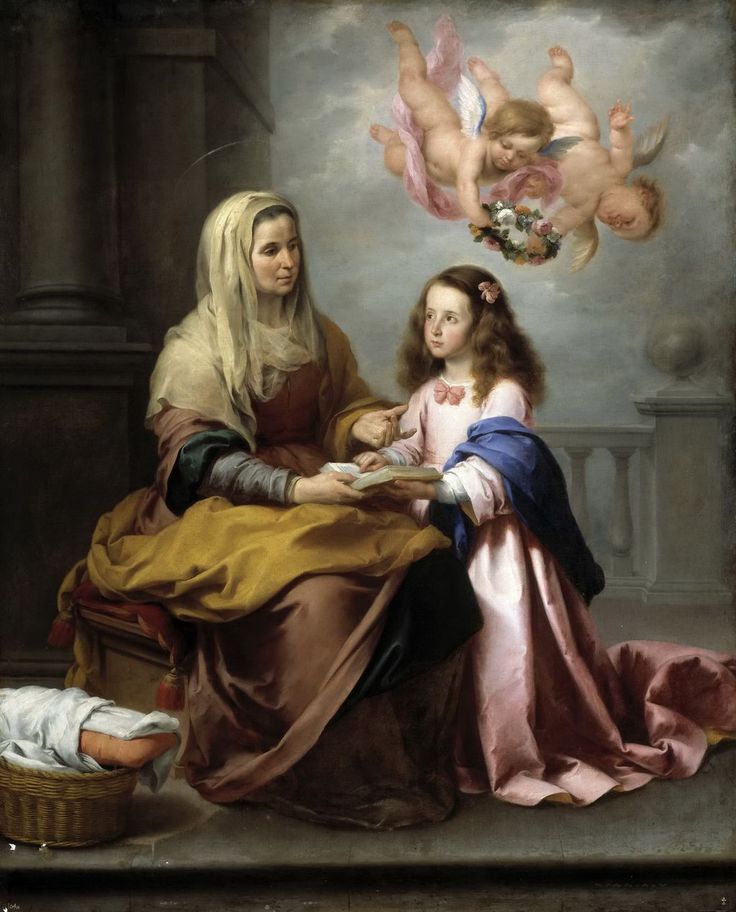The book of Daniel and all parts of the Bible relate to world history and you cannot understand world history without the Bible. Similarly, if you attempt to try and figure out FUTURE events in the history of the world without the Bible, you will also fail.
The Bible, in particular, speaks of one nation – Israel, but it also mentions other surrounding nations like Egypt, Arabia, Assyria now Iran, Babylon now Iraq. This area is known as the cradle of civilisation. This is where world history began around the fertile region of the great rivers of the Euphrates and Tigris. And where God called Abraham from Ur of the Chaldea’s in Babylon to go to Canaan.
We begin when God’s people, the Israelites, have been taken by force from the Promised Land by the most powerful political force of their day; the Babylonians. The defeat was crushing but on reflection the people should have seen it coming. Isaiah, Micah and Jeremiah had warned them that punishment would follow as long as they continued to disobey God.
Even the prophet Habakkuk reminded Israel he told them, ‘look at the nations and watch and be utterly amazed. I am raising up the Babylonians, that ruthless and impetuous people who sweep across the whole earth to seize dwelling places not their own.’ The Babylonians are on their way, beware. Israel had been warned to mend their ways.
God had had His fill with Israel’s disobedience and what he said would happen, happened. The city of Jerusalem was besieged; the temple, the palace and walls were destroyed. This pagan king Neb also removed from the temple the sacred articles used for worship and placed them in the temples of the gods of Babylon. He executed the leading citizens and deported tens of thousands.
Nebuchadnezzar was, in effect, making a public statement to the world that God does NOT exist. If God did exist, he would protect His people. He didn’t, so therefore He doesn’t exist. I am the new super power, the new demi-god. And to confirm this, the sacred articles from the temple in Jerusalem were now on display in the temple of his own god, Marduk.
They would stand forever as a symbol of the power of his own gods and the powerlessness, death and defeat of Israel’s god, Yahweh. Yahweh was dead on the battlefield along with thousands of Israelites. Israel had continued to sin despite continuous warnings to stop. Each year the inevitable seemed closer and closer and yet the leaders in Jerusalem and the people seemed to deny it.
They looked back at the temple to the Ark of the Covenant and to the promises given to David, assuring themselves that everything would be alright. Somehow they believed that despite their idolatry God would protect the nation.
But now exiled in Babylon with the glory days of Jerusalem and the familiarity of the Jewish way of life a distant memory, hope was fading fast. To the Babylonians and even to the Israelites it looked as if God had been defeated. And even if God was alive, how could they serve Him in exile? How could they be God’s people in a foreign land when all the props their faith relied on had been removed? Their precious temple was destroyed and left in ruins. As the exiles tramped across the desert lands towards Babylon, they must have had a lot to think about. The last days of Jerusalem would have been indelibly marked on their minds and its destruction. Even the neighbouring nations turned against them. What sort of future as exiles would they face now? What would happen to their precious promised land. Is it all about to end?
We, too, are exiles, are we not. We live in a land in a country as a minority whose Christian ways and values are becoming increasingly alien to the majority. We don’t have invading armies to deal with; our issues concern the mindset, attitude and behaviour of the wider population who have little interest in Almighty God.
Our home is not the island of Ireland nor Canada; it is the eternity destination of the New Jerusalem, the new earth and the new heavens.
The story of Daniel and his three friends showed the Israelites and shows us that the exile didn’t have to be the end it could be the beginning. It could be a new opportunity to show love and obedience to God even in a strange land. It could be the start of a deeper faith which proved God’s faithfulness and recognised His sovereignty even in testing times.
Daniel’s story spans the rule of three kings; he starts off as a young teenager aged about 17 years who is taken captive along with thousands of his fellow citizens, and he later rises to be the king’s top civil servant. Not only could he govern a country but he could interpret dreams as well. He possessed wisdom, knowledge and understanding. He was truly gifted by Yahweh. Daniel is an example of an obedient life which God blessed; however, working in a pagan culture was not without its problems. As an exile and follower of God, he had many issues to deal with.
The clash between obedience to God and obedience to the state was inevitable. As it is with us today. From the day he entered his Babylonian training to the very end of his life, including the lions’ den, he and his friends faced relentless pressure to conform to the state and be subject to it. The state was openly antagonist towards the God of Daniel and his fellow exiles. Yet through it all, Daniel showed that obedience to God was possible despite the threats of a hostile society.
Let’s begin with Daniel and his friends now in exile. If you have been in a different country you will notice that things are very different. Different food, clothes, people are different, different traditions, religion, language and money to name but a few.
If you are a Christian in a different land, a pagan land, it is more noticeable because usually you are not encouraged to practise Christianity. One reason being – there are no Christian churches around. You hear a Mullah cry out from a Minaret. This immediately concerns you. How do you worship God when there are no churches about or allowed? You have to be very careful what you say and how you live out your faith. If we visit another country on holiday, we know we are coming back home again. But for Daniel and his friends there was no visa, they were there for good. All they were familiar with is; no more. It has been destroyed. There is no going back home.
This foreign, pagan king Nebuchadnezzar decided that he would begin a programme of assimilation into Babylonian society through systematic brain washing. He wanted to delete Daniel’s culture, faith and religion and give them each a new identity, a Babylonian one. In much the same way special agent Jason Bourne in The Bourne Supremacy films is given a new identity. For Daniel it was not as brutal as Jason Bourne’s, but it was constant and forceful. Daniel and his three friends accepted the new language. They went along with being taught how to speak Babylonian, they even read Babylonian literature, including myths and legends which would have been very difficult for them considering a Jew would have read and known the Torah.
They were also given new Names which they accepted. They were called after pagan gods. Daniel was given the new name of Belthazzar, to Hananiah – Shadrach; to Mishaal – Meshach; and to Azariah – Abednego. Again, this was all designed to assimilate them into a different culture by gradually removing their Jewish identity and nationality. Interestingly, Daniel and his friends went along with this brain washing but only up to a point. They were wise enough to know what was going on and wise enough to know which battles to fight and which ones to leave alone.
The battle they decided to fight was the one concerning the food. The food would have been offered in thanks to pagan idols before it was consumed. The food would therefore NOT have been kosher according to the Levitical food laws of the Jews and this could well have been the reason for Daniel and his friends’ refusal.
But it’s not conclusive. The real reason was something else. Daniel and his friends knew that once they ate this food, which was really food from the king’s table, they would enter into a relationship thereby binding themselves to the king. In practise you were really signing over your independence and integrity and becoming one of the king’s lackeys, under his control – a puppet.
Daniel and his friends were having none of it. This was the battle they chose to fight and the marker they laid down. And we can see how it worked in their favour with God’s help. In contrast, if you read the last few verses in 2 Kings 25, you will see how Jehoiachin, former king of Judah, was taken into exile. He was released from prison because he submitted to the King of Babylon.
Was it easy for Daniel and his friends to disobey the king’s orders about the king’s table? No, it wasn’t. They knew that at any time this Nebuchadnezzar could turn on them like a wounded bear and have them killed, just for the fun. They had seen him in action and were bound to be afraid of what would happen to them if they did not carry out his instructions. They had faith though and they were prepared to be strong enough to stand up for it; even though it may cost them their lives.
Daniel and his friends understood that there was nothing wrong with being in a pagan court and learning pagan things; but there were great dangers to avoid and traps to side step. He could not let himself be trapped as Joseph had been by Potiphar’s wife. Or get caught as Solomon had in the dealings with foreign women. Daniel and his three Jewish friends had been faithful in little and as young men in their teens, this was to be the beginning of their being faithful in much.
We are to stand up and be counted over small things, before we move towards bigger things. Whether it’s in the church, the staffroom, the office floor, the hospital ward, or board room. God tests us first with the small matters before presenting us with bigger issues. If we don’t honour God with the small things, we certainly won’t do it with the big things! How does this work out in daily life?
The preacher and author, Rick Warren, wrote a book called ‘The Purpose Driven Life’, which has since sold around 40 million copies. He is the current senior pastor of Saddleback Church in California, and he says that he has not received one dollar from the sale of the book. The sale of 40 million books would make you fairly wealthy!
But God had tested him earlier in his life about how he used his money personally and in the church before this book was published. He still drives around in a beat-up station wagon, the marriage rings he and his wife bought were 50 dollars; his watch was 19 dollars from Walmart, and he still lives in the same house. In fact, he reverse tithes. He tithes 90% of his salary and lives off 10%. Impressive.
The test was in the small things first – before the big money would come in. I have found that quite often as a Christian, this standing up in the small things involves money. Recently since our new move to outside Belfast we have been getting the field divided up for the Alpaccas we keep. I went to the local Farm Supply shop and loaded up a field gate, fencing, fence posts, staples and other items. When I got home, I looked at the invoice and could see that I had accidently not been charged for the field gate. What was I to do? Keep the gate and say nothing; Afterall no one was any the wiser.
Nobody was aware what had happened. I tell you that story not to make me look good, but to let you know that these traps often occur when we least expect them and they probe deeply into where we stand with God. But God is watching.
Daniel and his friends had put God before every other consideration and he, in turn, honoured them. We are told that at the end of ten days they looked healthier and better nourished than any of the young men who ate the royal food. They ate vegetables and drank water. No royal food and No royal wine. Maybe we should take note of this and eat more vegetables ourselves and drink more water, and cut out the tray bakes and pavlova. The results would benefit ourselves and the NHS considerably. It’s only a suggestion though!
In closing, through this change of food diet, what had Daniel and his friends really achieved?? With God’s help and encouragement, they had won a battle, and a very important one at that. They had won a battle against assimilation; they had won a battle of NOT being absorbed into a pagan culture. They had won a battle of not conforming to the pattern of the world and its values.
The Apostle Paul clearly tells the Romans in Chapter 12: “Do not be conformed to the pattern of the world, but be transformed by the renewing of your minds; (why), so that you may discern what is the will of God, what is good and acceptable and perfect.”
If your mind, attitude and behaviour is in tandem with the drumbeat of the world and its values then how on earth will you be able to discern the will of God? How can we sing the song of the Lord in a foreign land? Daniel and his friends were able to sing it. They allowed the Spirit of God to renew their minds.
Their faith in God shone through. It had not been eradicated. Through God’s mercy and action, the young men had won a significant battle.
But also, God’s reputation had been on the line. In this pagan, pluralist land with all its various gods, these young men represented God and it was He who gave them success. God gave them physical health, and intellectual ability to prevail. They were His mouth, His hands, His feet, His heart, His mind.
For the third time in this chapter, God acted again to preserve His people. They could have been wiped out but they weren’t. The Jews could have been wiped out if it were not for Queen Esther. Pharaoh and Herod tried to wipe the Jews out. Hitler tried his best to do it in the concentration camps; but he didn’t. So did Stalin in the Gulags.
Nebuchadnezzar may have thought God was dead, killed in battle; but he wasn’t. It’s the same with people today. ‘Where is God when I need him?’ they cry. ‘If God was alive, he would not have allowed this or that to happen.’ ‘Why did he not stop that war or that airplane crash?’ Why this, why that?
The conclusion they draw is: He doesn’t exist or He no longer exists. Since people have populated this planet, they have agreed in principle with the German philosopher Frederick Nietzsche who said,
“God is dead. God remains dead. And we have killed him.” Know this; God is not dead: God is with His people whether they are in Israel, America, Canada, or China and he watches over them. He will make sure they prevail, whether incarcerated, exiled or free. By the way; I did pay for the field gate. May God give us the courage – to “Dare to be a Daniel.”
Rev Alan Wilson is a recently retired Presbyterian Minister in Northern Ireland. He was a former Police Officer during the ‘troubles’ before going into the ministry. He is married to Ann and they are now proud grandparents of Jacob and Cora. He enjoys keeping Alpaccas, gardening, watching football and learning how theology relates to the environment and the world at large. He and his wife spent a summer Exchange in 2018 with a Presbyterian Church in Toronto.
The image shows, “The Judgement Of Daniel,” by Valentin de Boulogne, ca. 1621-1622.
